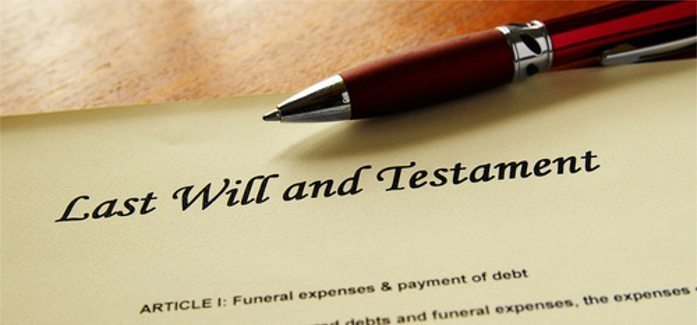After the death of a family member or friend, you find that the deceased’s will names you as the executor of the estate.
What does that mean and what do you need to do?
An executor has a number of important duties. The main ones are to collect and safeguard the assets of the deceased person’s estate; pay debts and taxes; and distribute what’s left to the beneficiaries of the estate.
The first step is to gain official recognition as the executor. In Pennsylvania, that usually means filing the appropriate papers at the Register of Wills in the county where the deceased resided. The Register then issues you a “short certificate” (usually multiple originals) attesting to your authority as the executor.
Using your short certificate, you may sell or liquidate assets and open an estate checking account. You can use funds of the estate to pay bills (after determining that they are legitimate) and taxes.
You can later settle the estate by accounting for what you took in, what you paid out, and what remains. In Pennsylvania, you may file a formal accounting with the Orphans’ Court of the county where you opened the estate and (once any objections are resolved) receive an official decree from the court approving your actions and authorizing distributions to beneficiaries. Or you may file an estate settlement agreement signed by all the beneficiaries.
Once the estate is finalized, the beneficiaries receive whatever they are due.
In a nutshell, that is what it means to serve as the executor of an estate. This entire process is called “probate.”
Keep in mind, however, that there are many more details than could ever fit into a single blog post. Most people don’t know where to begin to file the right papers, and are uninformed about the various duties, deadlines, and responsibilities involved. You don’t want to run afoul of tax laws or probate requirements and suffer the consequences.
My best advice is therefore to consult experienced legal counsel to help you through the probate process. Legal fees are generally tax deductible, and shared by all beneficiaries. Serving as an executor can be a headache, but much less so with the right help.





